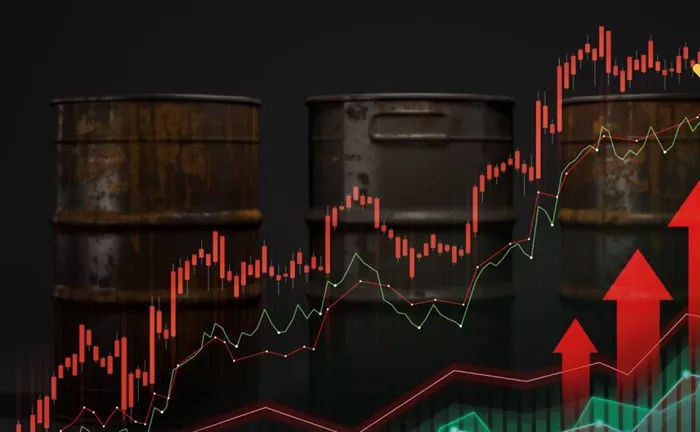The currencies of several major Asian oil-importing nations are facing mounting pressure as global crude oil prices surge, according to analysts at Barclays.
In a note to clients on Tuesday, the UK-based bank warned that the recent jump in oil prices could spell short-term depreciation risks for many Asian currencies—particularly if geopolitical tensions in the Middle East escalate further.
“The surge in crude prices poses near-term risks for most Asian foreign exchange markets,” Barclays analysts stated. “These risks intensify if oil prices rise further due to a deepening of the conflict.”
Among the most vulnerable currencies are Thailand’s baht, the Taiwanese dollar, and the South Korean won, according to the report.
Oil markets reacted sharply last Friday following Israeli airstrikes on Iranian nuclear and military facilities. The attacks triggered the steepest one-day rise in crude futures since Russia’s invasion of Ukraine in 2022.
While prices briefly eased on Monday amid reports that Iran was seeking to de-escalate the situation—and with no critical oil infrastructure hit so far—markets resumed their climb on Tuesday. U.S. President Donald Trump’s abrupt departure from the G7 summit, accompanied by a call for immediate evacuation of personnel in Tehran, added fresh momentum to the rally.
As of early Tuesday, West Texas Intermediate (WTI) Crude was trading at $73 per barrel, while Brent Crude rose by 2% to just under $75.
Analysts at Saxo Bank noted that volatility continues to dominate oil markets. “Without a supply disruption, Brent could fall below $70. But if conflict persists or escalates, prices could soar above $80,” they said in a separate research note.
Meanwhile, FX strategists at ING pointed out that the growing geopolitical uncertainty is influencing global economic expectations. “Geopolitical developments have stormed into the picture,” they noted, “and the Middle East crisis could easily influence central banks’ inflation outlooks.”
The U.S. Federal Reserve, which is widely expected to hold interest rates steady in its upcoming policy meeting on Wednesday, may cite energy market volatility as a reason to resist pressure from President Trump for rate cuts, ING analysts added.
As tensions mount and oil markets respond with heightened sensitivity, economists warn that the ripple effects could extend well beyond currency markets—raising concerns for broader financial stability and inflation dynamics across Asia and beyond.


